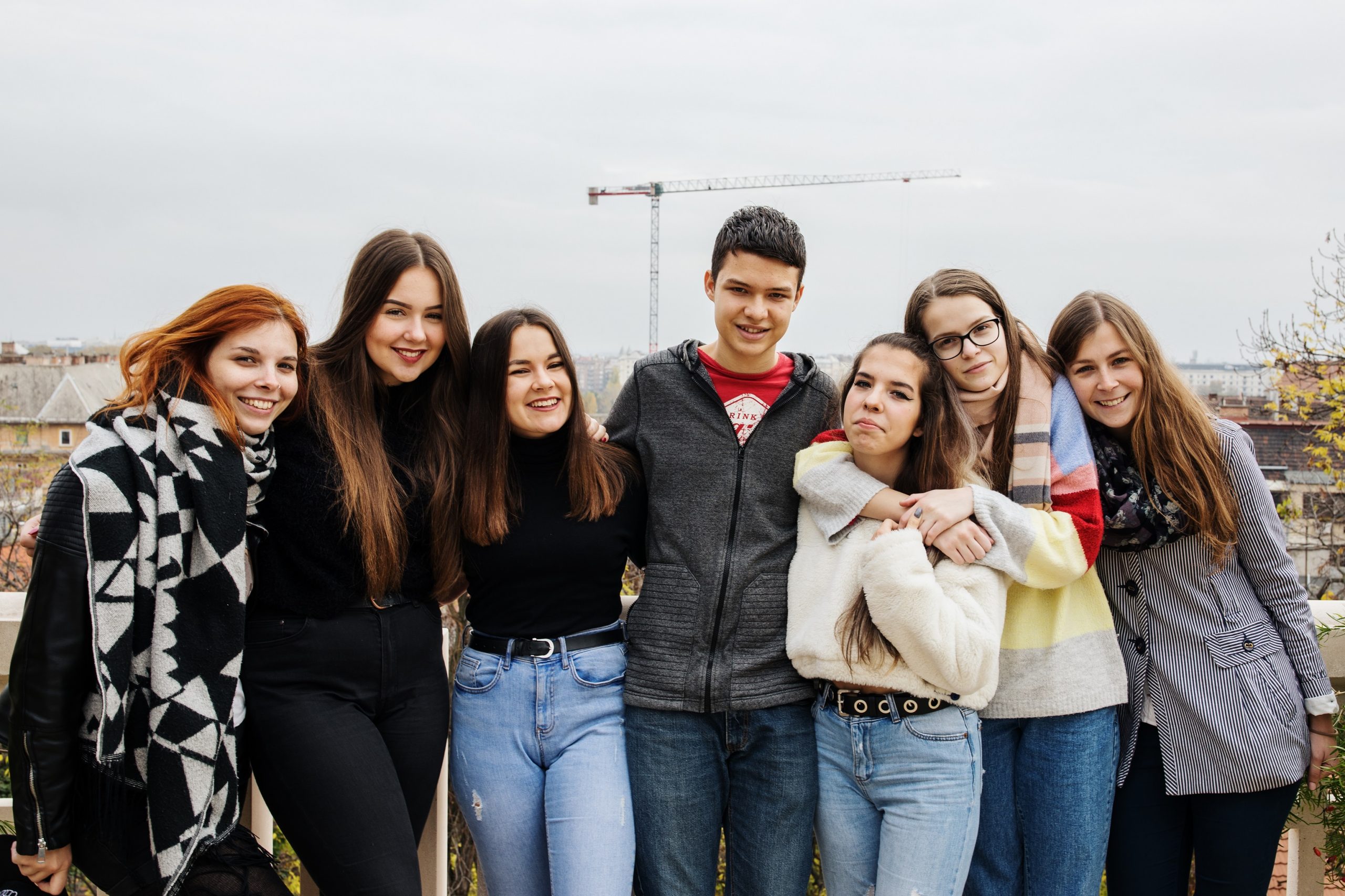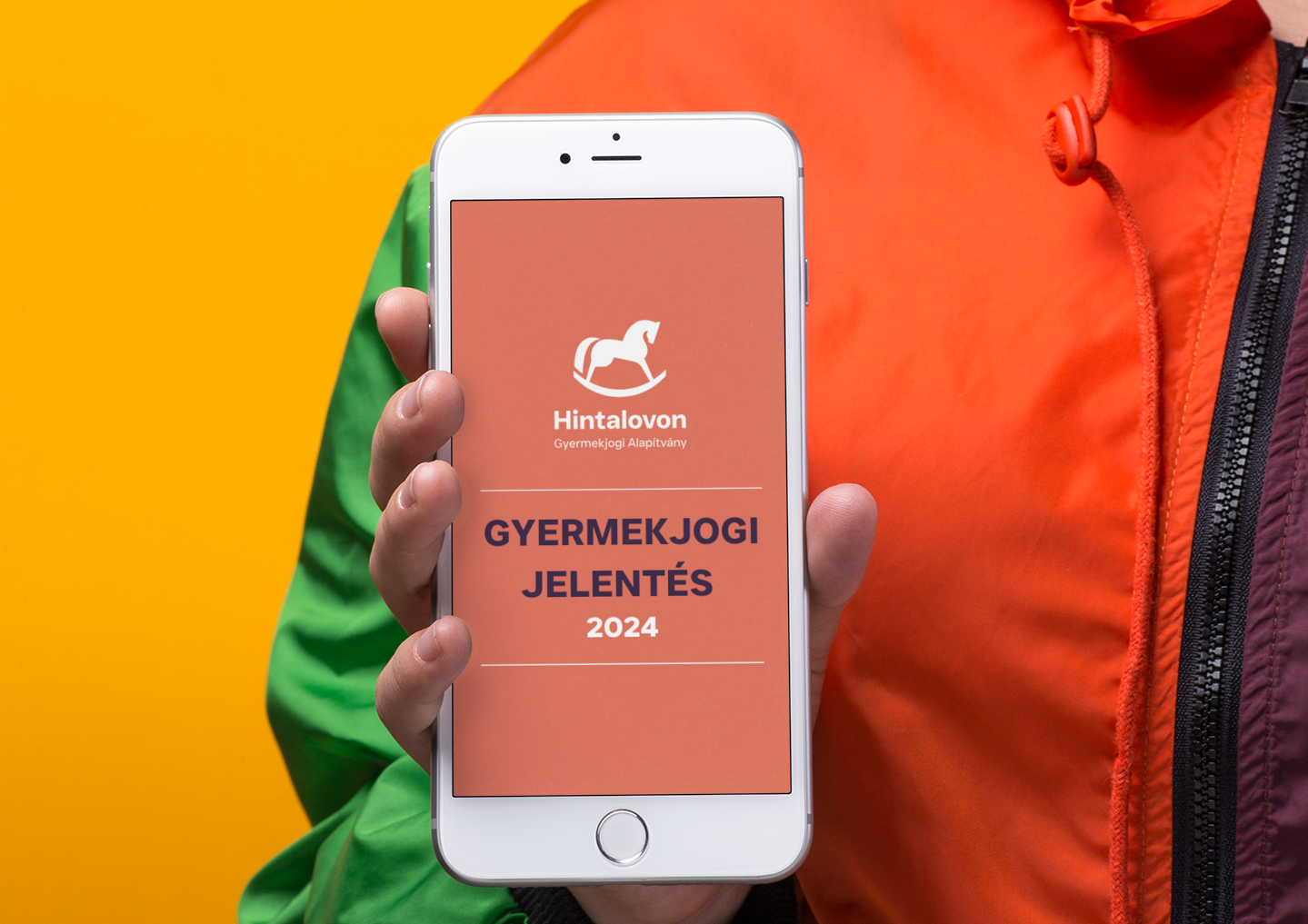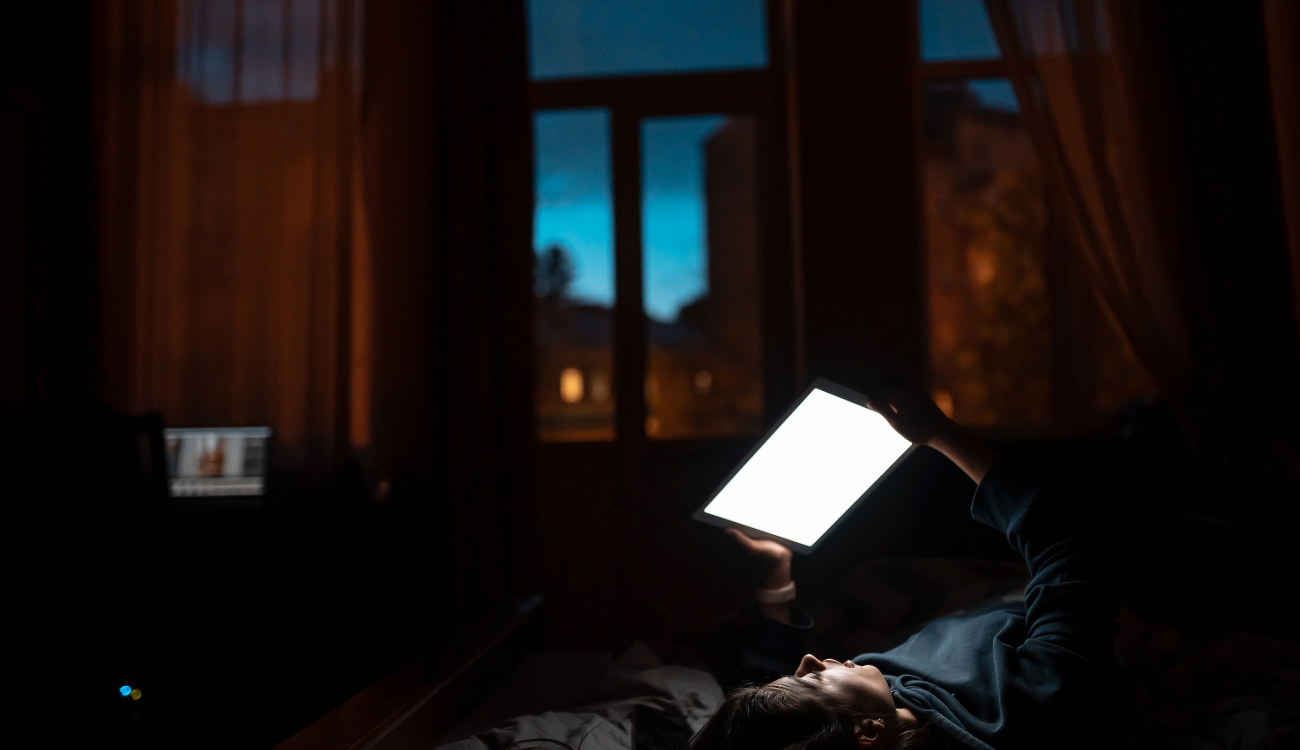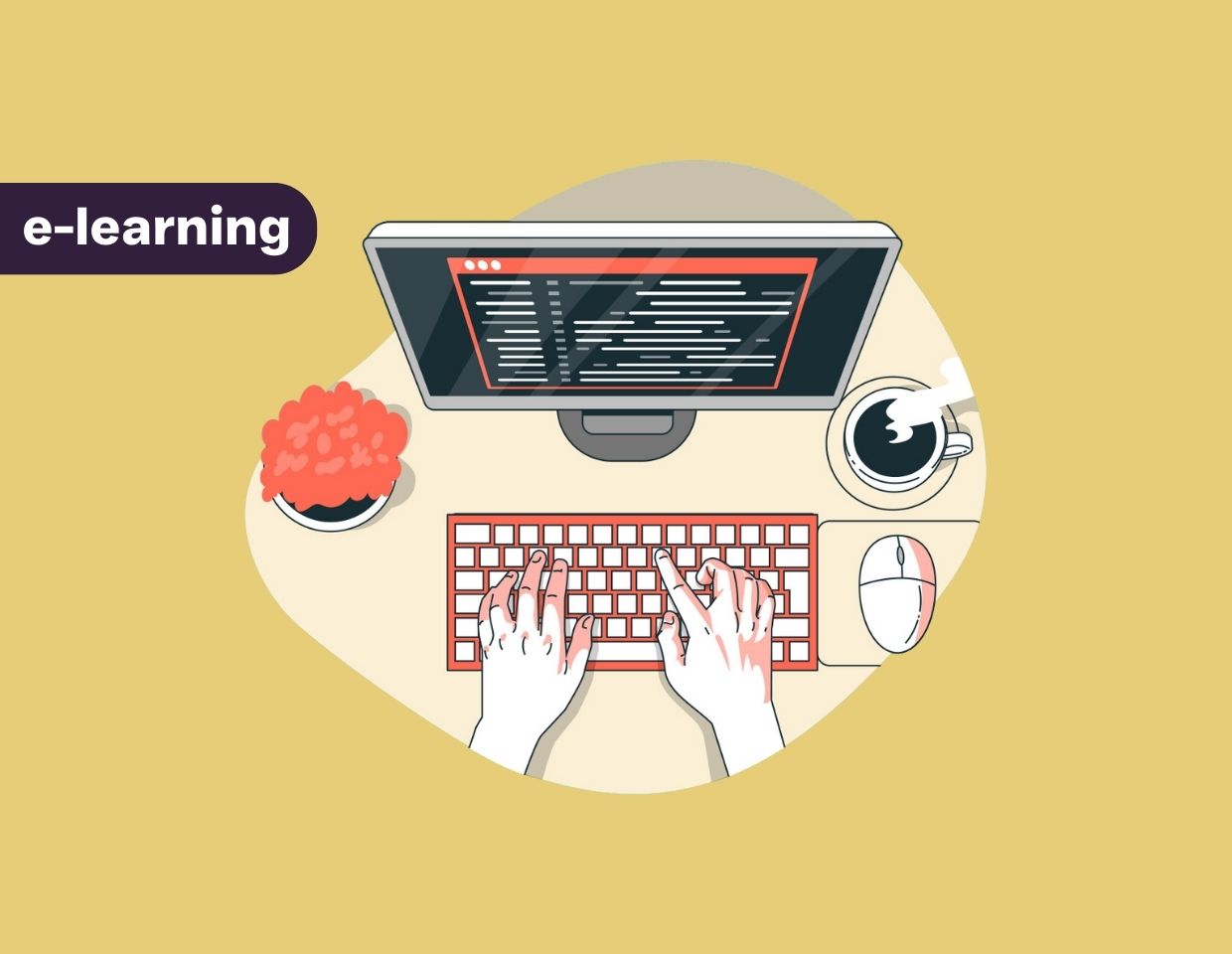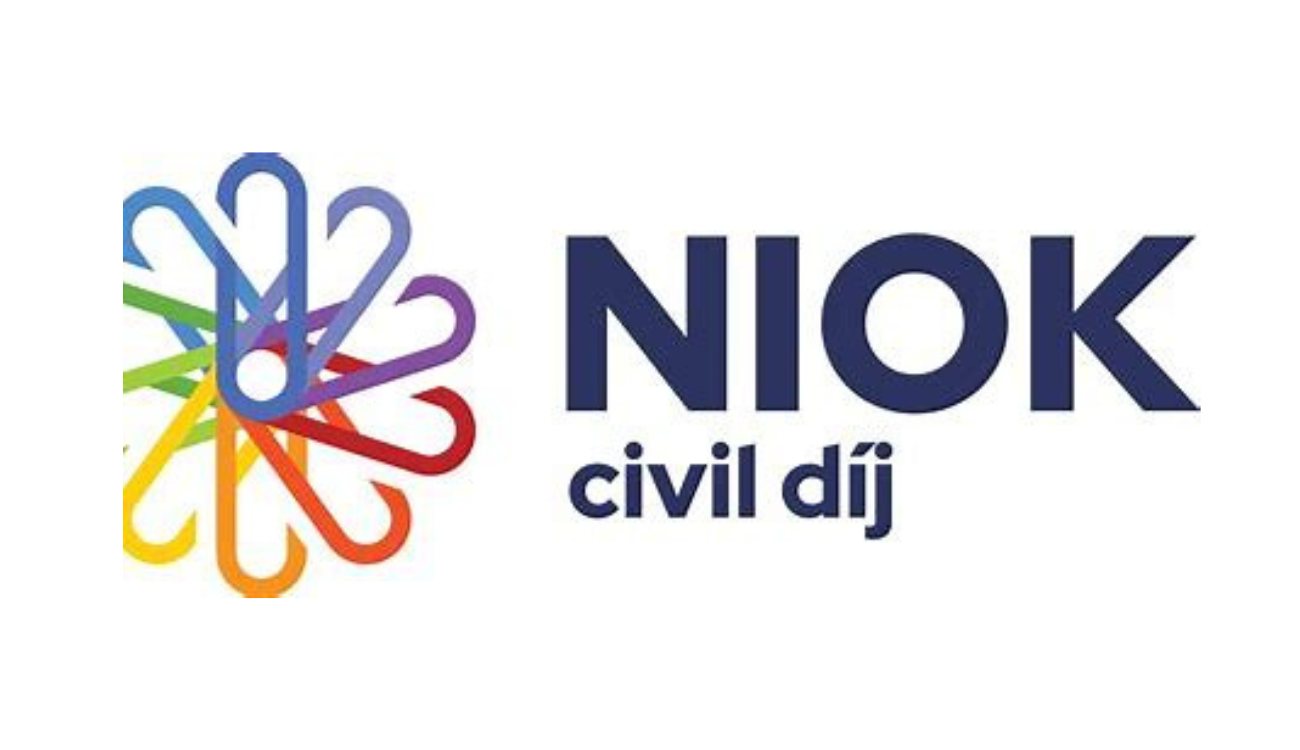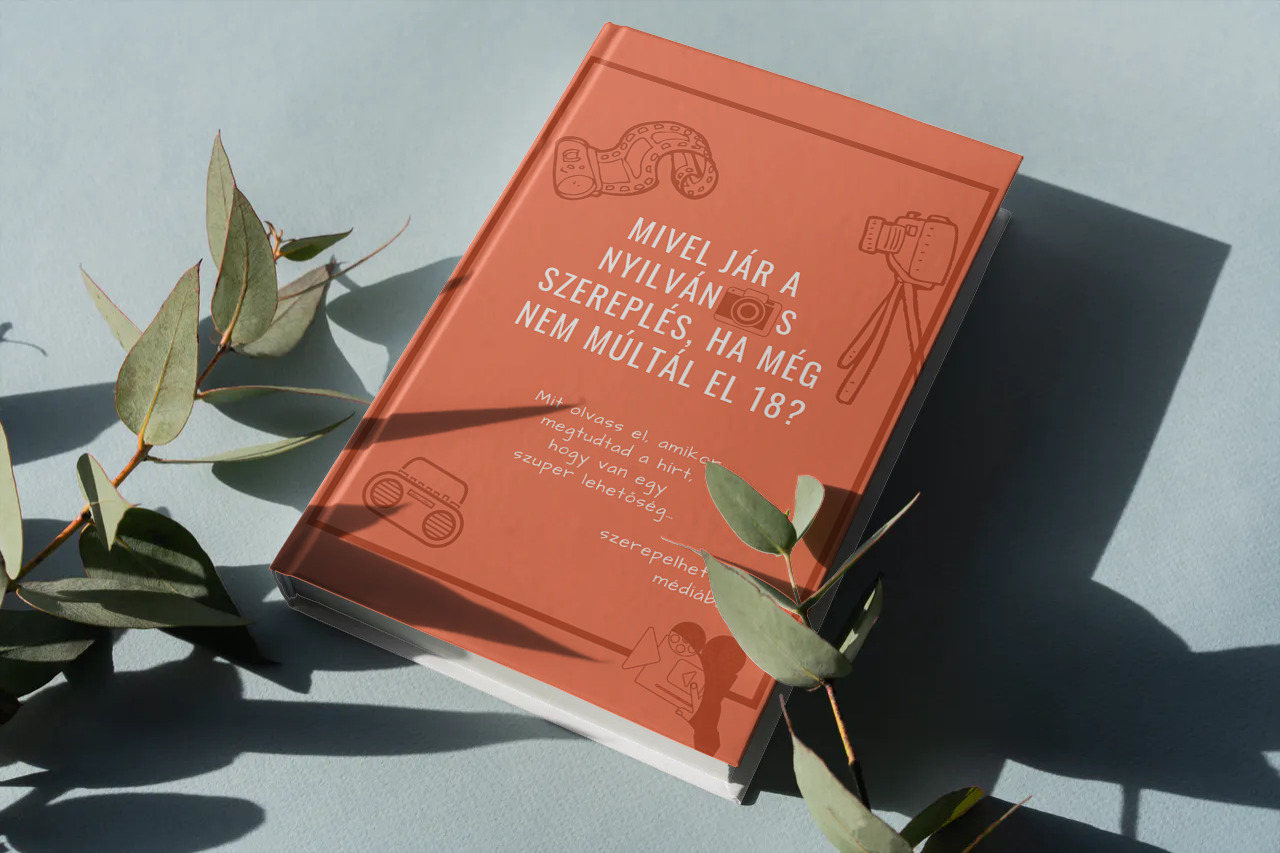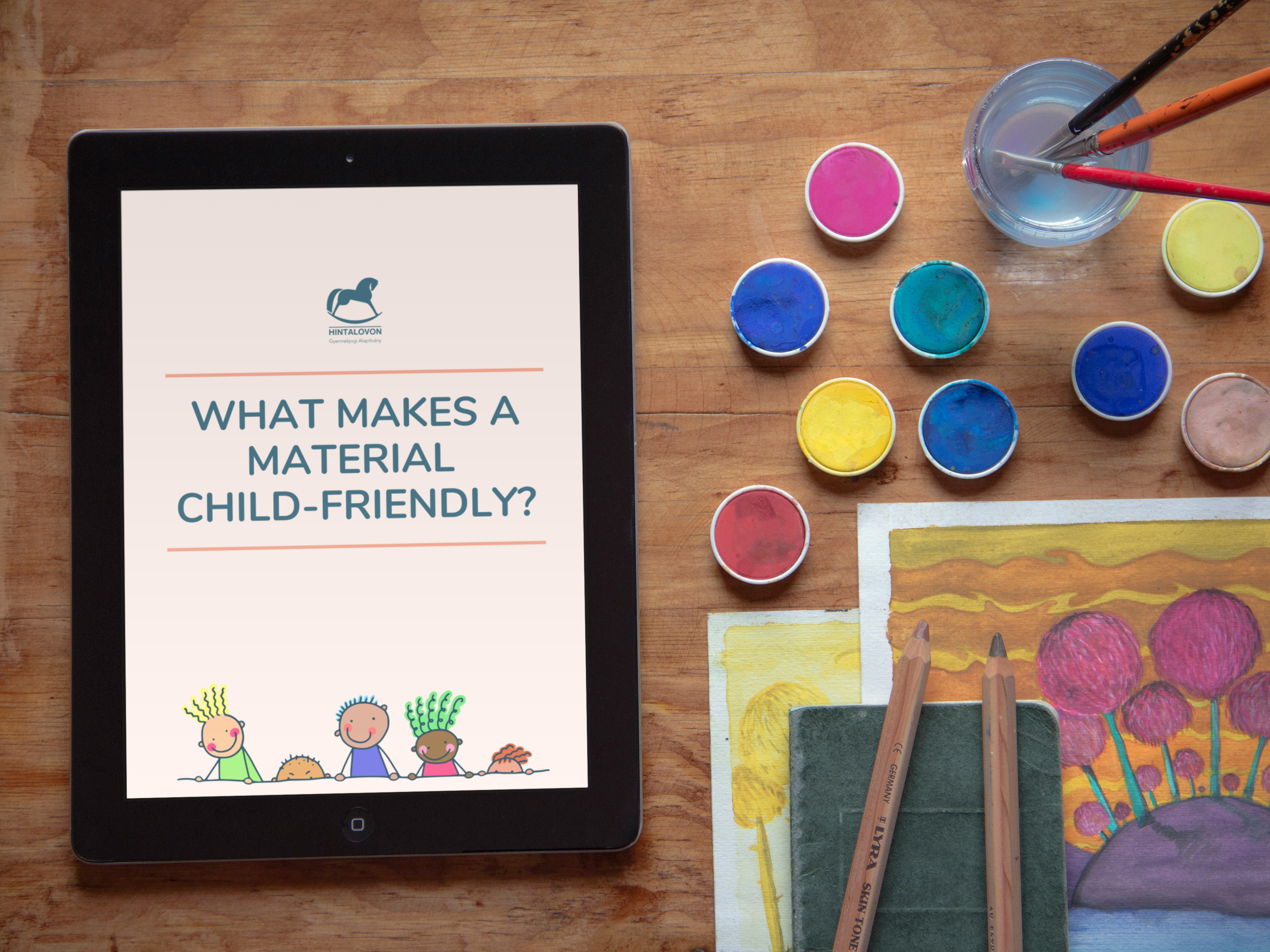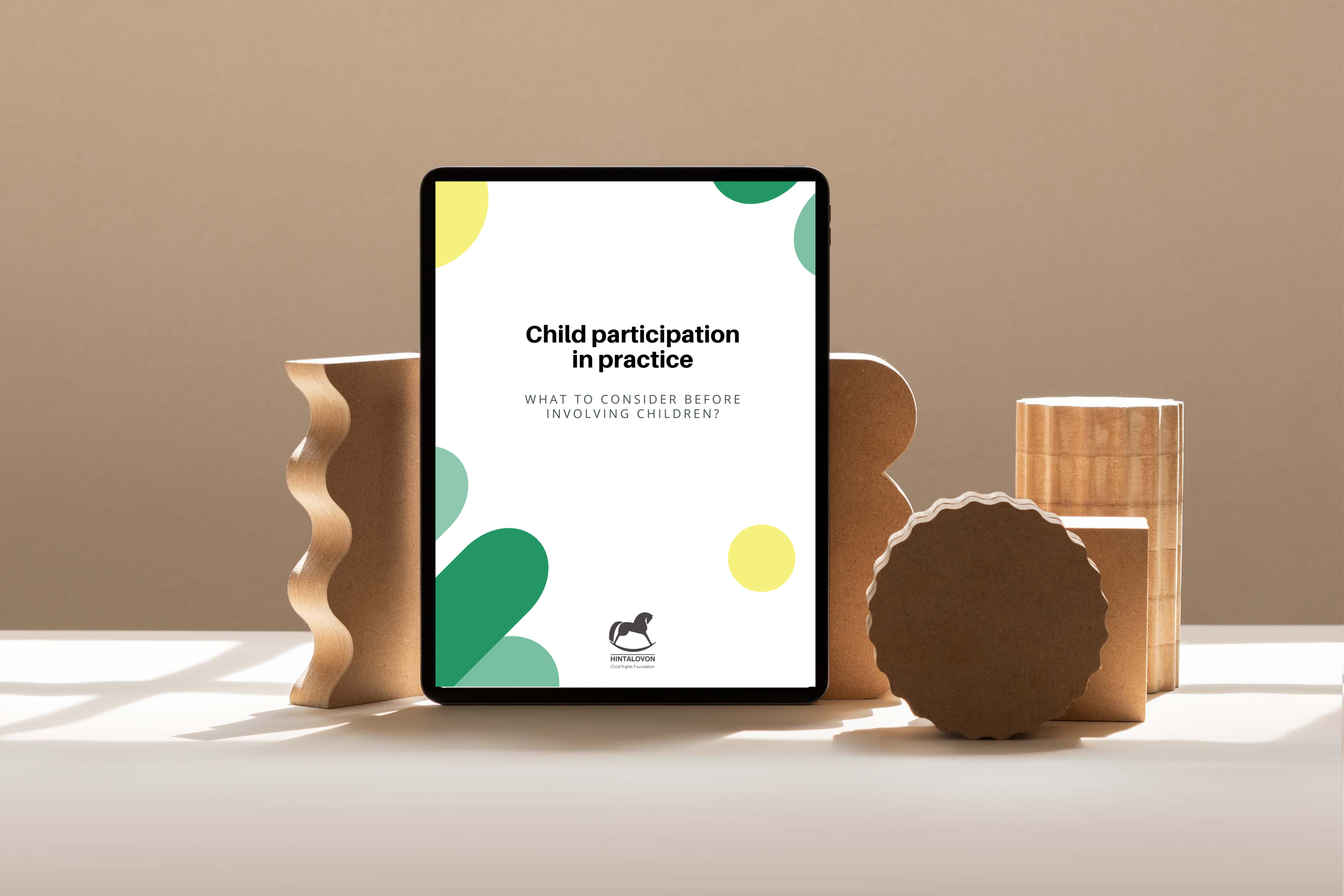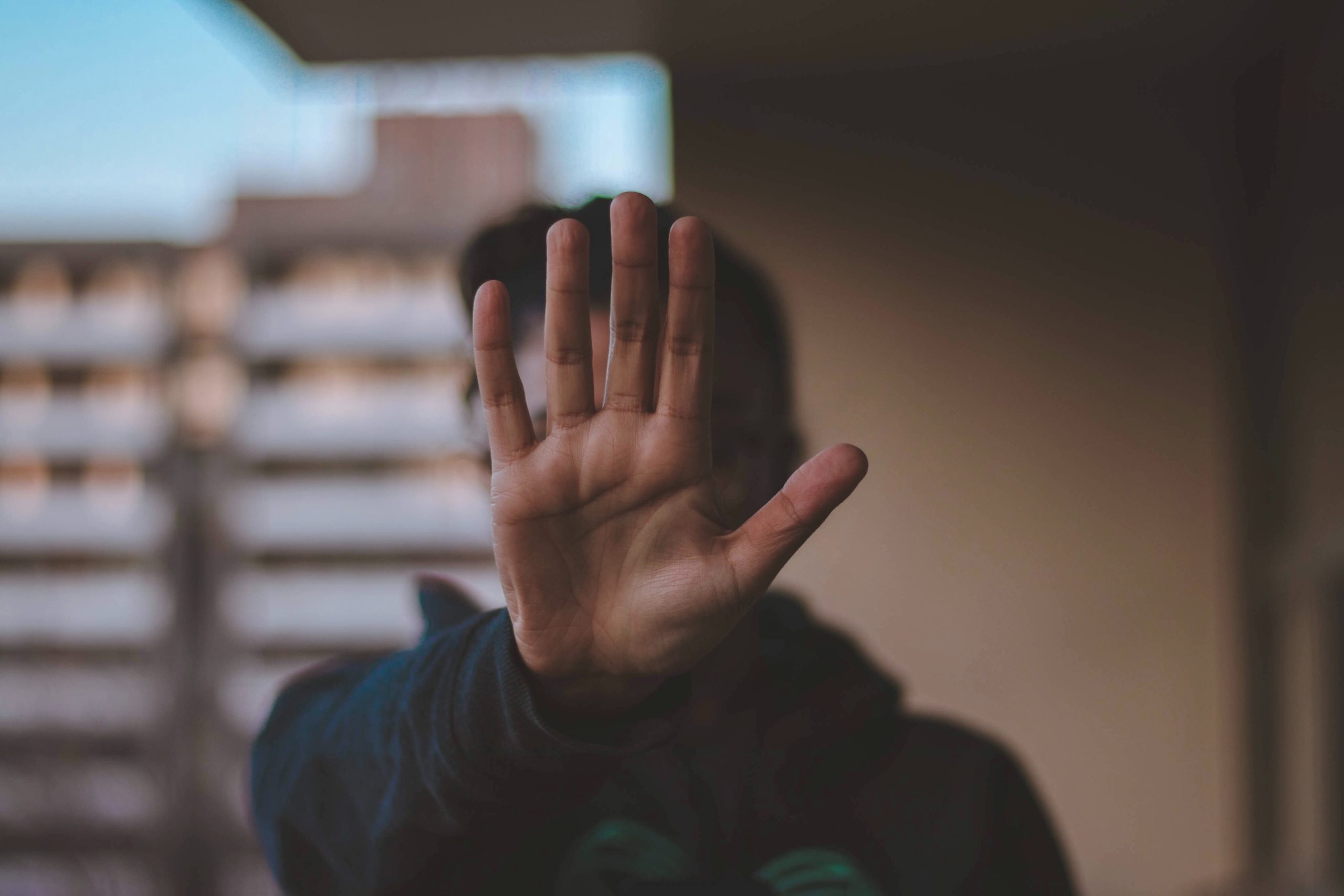ARCHIVE PAGE (You can find the latest information about the Kid Colleagues of Hintalovon on this page.)
Our youngest colleagues
They are a group of committed teenagers, who make sure that children have a say in Hintalovon’s work. They are more than consultants or advisors, they are representatives, activists, researchers, trainers and authors too. Special focus is put on awareness raising among children about their rights and on encouraging adults to increasingly consider children’s viewpoints. They stand up for child rights at national and international events and in the media. They also run their own projects and participate in international child rights monitoring.
Our work with child volunteers is guided by the special Chapter of the Foundation’s Child Safeguarding Policy. It is based on the 9 principles of child participation as laid down in the UNCRC General Comment No 12. Colleagues of the Child Participation Program are responsible for their safe and meaningful participation.
In 2022, we work with a group of 18 Child Rights Ambassadors, coming from various backgrounds, mainly but not only from Budapest and suburban areas. They are 13 to 17 years old. Usually, children join for an academic year, but many of them continue their work for more years.
Nothing about us without us!
How do we recruit and select Child Rights Ambassadors?
Recruitment and selection principles of the Child Rights Ambassadors are regulated by Hintalovon’s Child Safeguarding Policy. Children apply through and open call, advertised in social media and the foundation’s own network, and take part in a 3-step selection process, because they will be long term volunteers, and need to be able to fit in. Firstly, they fill in an application form, aiming to assess their attitude and motivation, then they participate in an interview and then in a two-day workshop. Later, they can join any projects voluntarily, with respect to inclusivity and relevance.
How do we work with children?
Child Rights Ambassadors take part in regular online and personal meetings. They attend project meetings in smaller groups (1 to 8) and have a team building and capacity building workshop every second week. On average, they participate in a meeting once a week, but some of their work is done individually. There is a daily communication, working relation with them.
Their work is supported by three volunteer mentors (Viktória Botos, Anna Glatz, Zsófia Sall), a coordinator (Lilla Palotay) and a program manager (Barbara Nemeth). Child Rights Ambassadors are supported with regular trainings that is relevant to their tasks, usually about child rights, media representation, communication skills, debate, computer skills, team building, cooperation.
Child Rights Ambassadors learn about the Child Safeguarding Policy at times of their enrolment. The child-friendly version of the Policy is presented and they also have to pass an individual online training about it. Every half year, Child Rights Ambassadors are asked to evaluate the program in an online form, which is followed by a group discussion, addressing its results and sharing their views in front of the group. The program is regularly under revision, taken into account children’s feedback.
What do they do?
Child Rights Ambassadors are involved in the development of child-friendly materials, online campaigns, they share their opinion in articles on yelon.hu, give presentations, participate in researches and trainings. They also run their own Instagram site. In 2018, Child Rights Ambassadors participated in reporting on the Lanzarote Convention, and in 2019, the current team submitted Hungary’s first children’s report to the UN Committee on the Rights of the Child. The level of participation (consultation, collaboration, child-led) vary among the projects.
Year 2019/2020
- They are working on online materials that can alleviate the difficulties caused by the coronavirus.
- With the help of the Ambassadors, a research on online activities, digital education, parental rules, information and online security is being commissioned by Magyar Telekom. During the preparation of the questionnaire, the questions were formed on the basis of their opinion. They are involved in the promotion and dissemination of research.
- In March, Gyerekaneten.hu, the page of the National Media and Communications Authority (NMHH) for parents, was launched, in the preparation of which our Child Rights Ambassadors also participate.
- They help to prepare child-friendly materials for the ChiLLS program.
- They are working on the INCLUDE project to find out what children think about what makes them feel safe and how adults feel about being cared for and respected, even in vulnerable situations.
- With their participation, Hungary’s first report to the United Nations, exclusively presenting the views of children, was prepared, on which the Ambassadors worked for more than a year. The results were also represented in Geneva before the UN Committee on the Rights of the Child, at the EMMI (Ministry of Human Capacities), in professional forums, in the press and on Instagram.
- As consultants, they were involved in drafting a child-friendly version of the Lanzarote Convention.
- As speakers, they participate in the foundation’s online security trainings and programs.
Year 2018/2019
- The focus of the season was on reporting under the UN Convention on the Rights of the Child. The Ambassadors worked to ensure that, in addition to the views of the government and civilians, the opinion of the children was heard by the professional committee, and that Hungary’s first report to the United Nations based on children’s participation was prepared. “How do you see it?” As a result of the campaign, nearly 5,300 children gave their opinions, in the design, implementation and representation of which they played an active role throughout.
- In October 2018, five Ambassadors attended the Eurochild International Conference on Child Participation.
- In May 2019, two of them traveled to Antwerp for a two-day workshop on the CHILLS project on child-friendly justice.
Year 2017/2018
- Every two weeks, they participated in 20 trainings and meetings on children’s rights, for a total of 70 hours,
- they participated in 4 professional roundtable discussions, 2 school sessions on children’s rights were held,
- a report was submitted to the Lanzarote Committee of the Council of Europe on what they thought about sexing and the role of the school (the Committee for the Implementation of the Lanzarote Convention works to protect children from sexual violence and exploitation),
- participated in the preparation of the first children’s rights 1×1 for organizers of the first political campaigns and politicians before the 2018 parliamentary elections,
- an infographic for children on the 2017 Report on the Rights of the Child,
- participated in the preparation of information materials for the online game and application called Storylab on the rights of children in contact with the authorities,
- and two of the Ambassadors wrote articles for Yelon.hu.
